President Trump says the strikes are intended to deter the use of chemical weapons, which the Syrian government is accused of using on civilians in Douma, a suburb of Damascus. USA TODAY
The U.S. led airstrikes in a coordinated attack with U.K. and French allies against the regime of Syrian dictator Bashar Assad, President Trump announced Friday night.
Here's what we know about the attack:
What happened?
Gen. Joseph Dunford, the chairman of the Joint Chiefs of Staff, said precision missile strikes targeted three areas of Syria: a scientific research center near Damascus, a chemical weapons storage facility west of Homs and a storage facility and command post near Homs. Dunford said there was some "activity" by Syrian surface-to-air missiles, but there were no reports of U.S. or allied casualties.
Raw video footage and images from Syria show missiles darting through the sky during the attack.
When?
Friday night, President Trump said he ordered the missile strikes against the regime in a coordinated attack with U.K. and French allies. It was a predictable move, considering Trump made threats earlier in the week.
Why did the U.S. strike?
Trump said the strikes were intended to deter the use of chemical weapons like the attack on civilians in the Syrian town of Douma last week.
Syria has denied using chemical weapons but Friday night, the White House released what it said was "a significant body of information" that pointed to the use of chlorine gas — and possibly also the deadly nerve agent sarin. That evidence includes victim statements, images of barrel bomb fragments, and reliable reports of Syrian government helicopters in the area.
More: Syria conflict explained: How did we end up here?
What are others saying about the attack?
Russian President Vladimir Putin called the airstrikes an “act of aggression” and a “destructive influence on the entire system of international relations." Syria's President Bashar Assad announced that his country would respond, while Russia's ambassador to Washington warned of unspecified "consequences."
British Prime Minister Theresa May said the attack "sends a clear message that the international community will not stand by and tolerate the use of chemical weapons."
What happens next?
It's hard to predict how any of the various forces in Syria will react. Opposition forces, including the Islamic State, might try to take advantage of a weakened Assad. Iran and Russia could step up their involvement in the country.
Putin said Russia will call for an emergency meeting of the United Nations' Security Council.
Trump said the the U.S. was prepared to continue the attacks until the Syrian regime stops using chemical weapons.


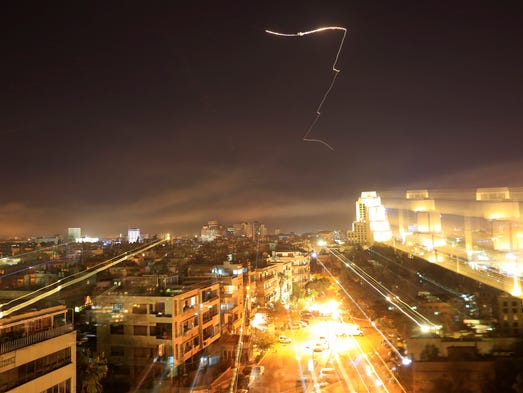
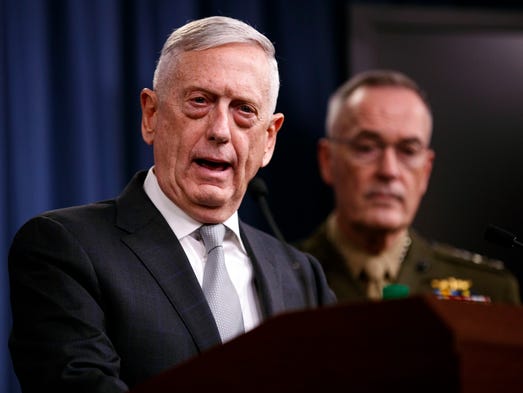

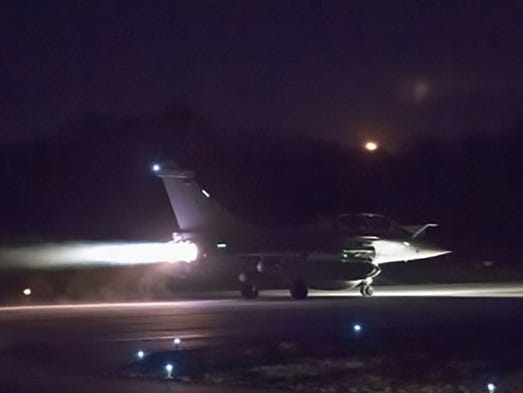
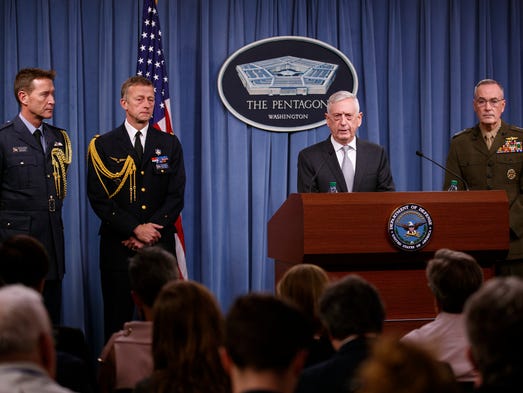
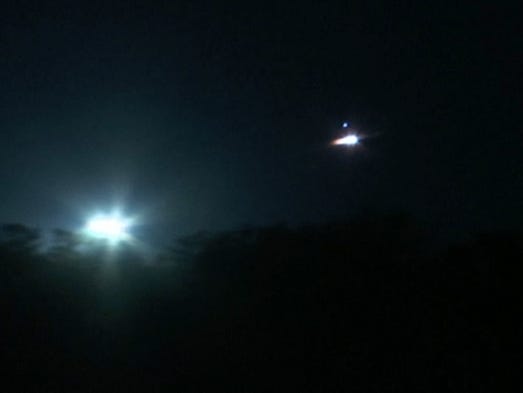
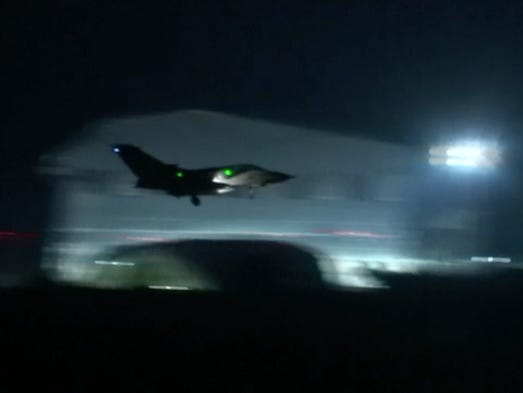
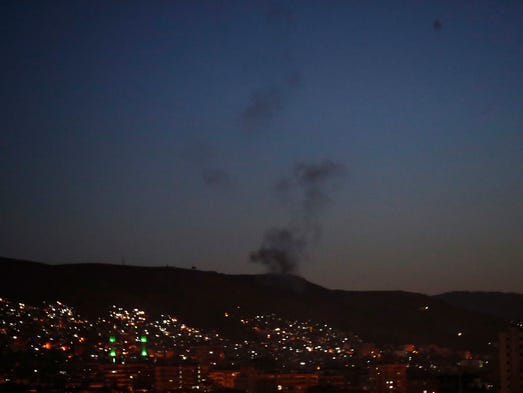

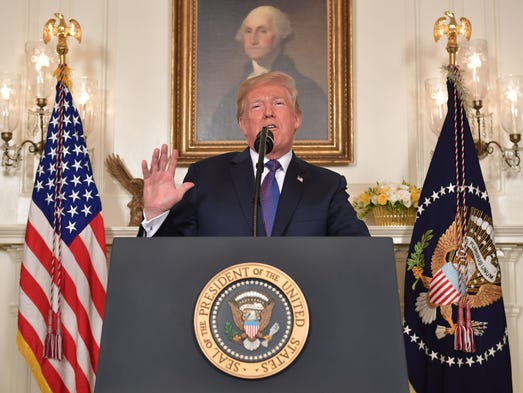

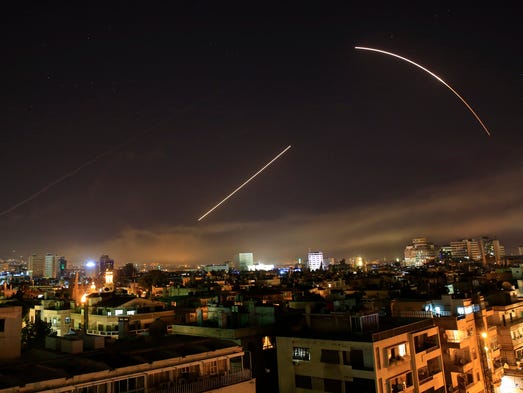
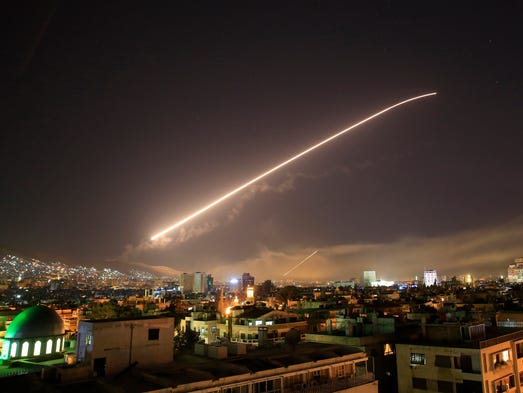



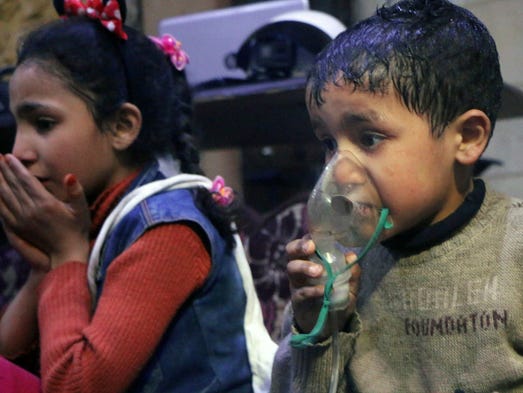

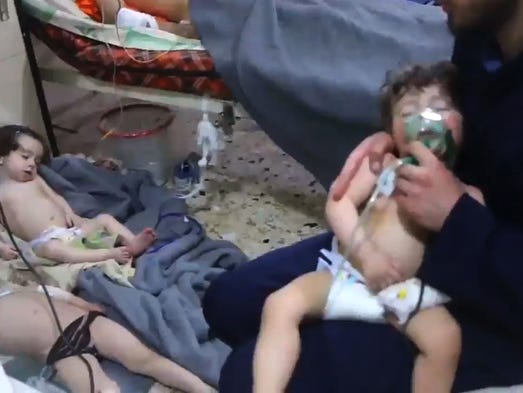
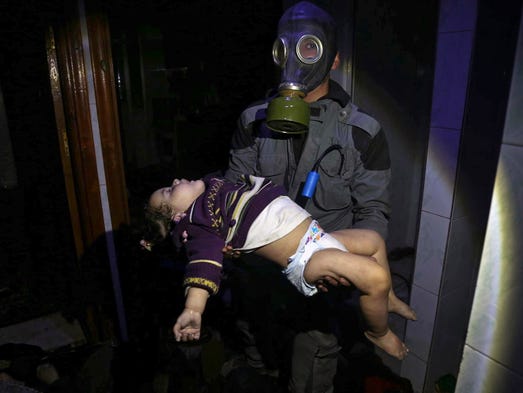
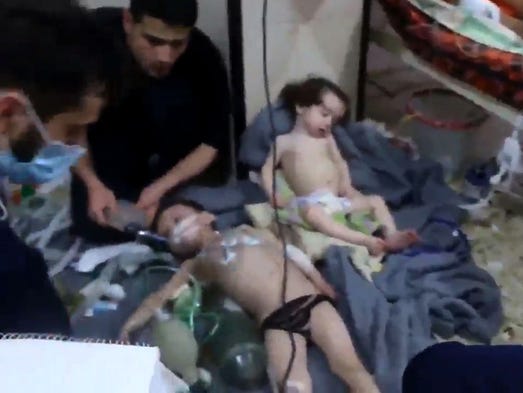























Join the Nation's Conversation
To find out more about Facebook commenting please read the Conversation Guidelines and FAQs